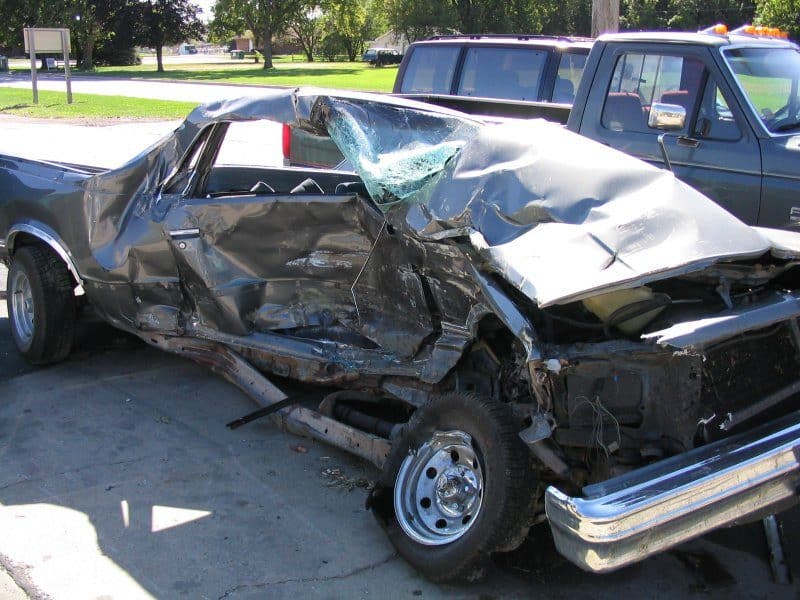When life throws a curveball, such as a car accident that leaves your vehicle deemed “totaled,” it can leave you facing a whirlwind of emotions and decisions. One question that often arises is: “Can you keep a totaled car in Florida?” It’s a topic with layers of complexity and important implications, especially if you’re a car owner navigating the aftermath of an unfortunate incident.
Firstly, let’s clarify what “totaled” means in the context of vehicles. A car is considered totaled when the cost of repairs exceeds a certain percentage—usually around 70 to 80%—of its market value. This classification primarily comes from insurance companies who assess the state of the vehicle post-accident and determine if it is economically feasible to repair.
Now, imagining yourself in this situation, you might ponder: What happens next? Assume your insurance company has issued a total loss declaration. Do you have the option to keep your vehicle, even if it seems beyond salvation? The answer is a resounding yes, but with caveats.
In Florida, if your car is deemed a total loss, you can indeed opt to retain it instead of relinquishing it to your insurance provider. However, just as there are delightful options, there are also a myriad of regulations and steps you must follow. Comprehending these can make all the difference between smoothly retaining your vehicle and navigating a bureaucratic quagmire.
At this juncture, let’s discuss how you can go about retaining your totaled car. The standard practice involves completing the requisite paperwork with your insurance company. Upon declaring your vehicle a total loss, the insurer will typically propose a settlement amount based on the vehicle’s value before the accident. In instances where you prefer to keep the car, a negotiation may be in order.
Here’s a pivotal moment: you’ll need to buy back your car from the insurance company. This involves a “salvage value”—essentially the amount the insurance company assigns to the vehicle in its current state. Typically, this amount is significantly lower than the worth you might get from the car if it were in good condition. Still, it’s a necessary step if you intend to hold onto the vehicle.
Once you’ve navigated the bargaining process, the next hurdle is the proper documentation. It’s essential to secure a salvage title for your vehicle. A salvage title denotes that the car has been significantly damaged and serves as a record for future buyers. In Florida, this title is critical for your protection, alerting potential future owners of the vehicle’s past.
But let’s not forget, while keeping a totaled car might seem like a feasible option, it presents its own set of challenges. Firstly, there’s the issue of repair feasibility. In some cases, the vehicle may be salvageable, yet substantial monetary investment is still necessary to restore it to a drivable condition. It raises an intriguing question: is it worth your time and money to repair a car that has already faced significant damage?
Besides financial considerations, there are practical factors to ponder as well. If the car is deemed unsafe or beyond repair, how can you ensure it complies with safety regulations in Florida? Moreover, living in a state where weather conditions can be unpredictable, it’s crucial to ask yourself: can this vehicle withstand the elements and prove dependable for transport?
Furthermore, depending on the extent of the damage and what repairs you plan on embracing, you may have to contend with lingering issues post-repair. These may range from performance discrepancies to potential future insurance complications. Most insurance providers might be reluctant to fully insure a vehicle with a salvage title, meaning you could face increased premiums or less comprehensive coverage options.
As you wrestle with these considerations, you may be wondering about the resale value. Vehicles with salvage titles generally carry a significantly reduced market value. This diminished worth can follow the vehicle throughout its life cycle, leading to a challenging sale process should you decide to part ways with it later on. It begs the question: are you prepared to handle the ramifications should you need to liquidate your investment?
In summary, while Florida allows you the option to keep a totaled car, it’s a decision with multiple layers to contemplate. From the intricate dance of negotiation with your insurer to the arduous paperwork involved in obtaining a salvage title, the journey demands both consideration and foresight. Valid questions about safety, repair feasibility, and long-term financial implications linger long after the initial decision is made.
In closing, if you find yourself in such a situation, tread carefully. Ensuring you’re armed with knowledge can empower your decisions, transforming what might appear as a daunting dilemma into a navigable process. Keeping a totaled car is indeed possible, but it’s crucial to weigh the pros and cons meticulously. After all, the road ahead is as unpredictable as the turns life throws your way.
